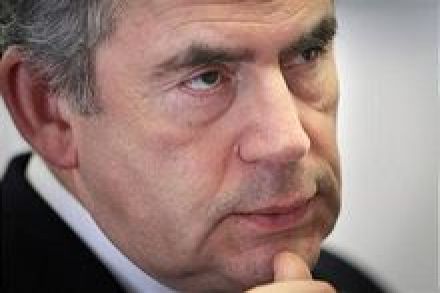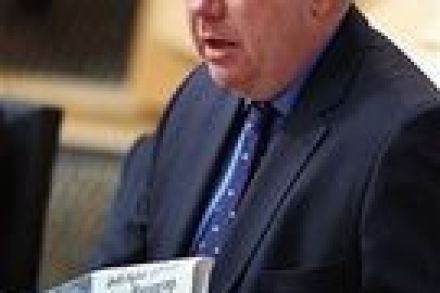A paper-thin Queen’s Speech
Even before the Queen had trundled back to Buckingham Palace, Mandy had let the cat out of the bag. Speaking on BBC News he said of the Gracious Speech, ‘All these laws are relevant … and achievable. It will be for the public to decide whether they want them or not.’ There you have it. The greatest power in the land admits the Queen’s Speech is Labour’s manifesto. The response to the Gracious Speech is an enjoyably ragged parliamentary occasion, full of ancient traditions and even more ancient jokes. Frank Dobson proposed the Humble Address and spoke with pride about his Holborn constituency where the anti-Apartheid movement had been born.
















